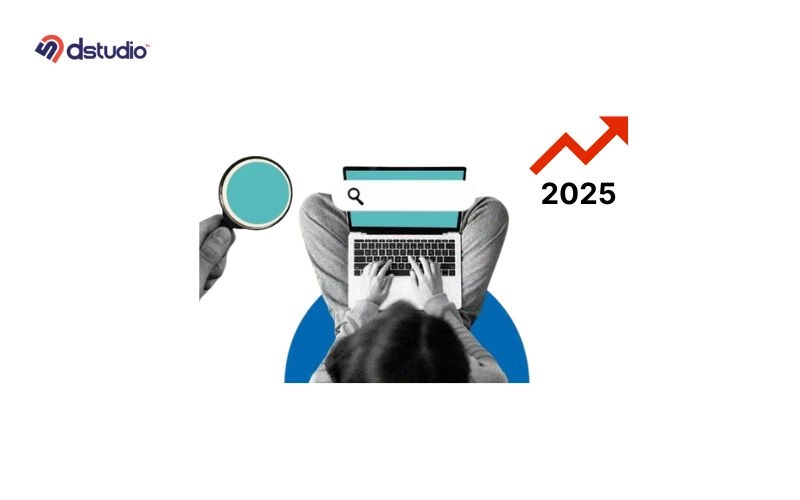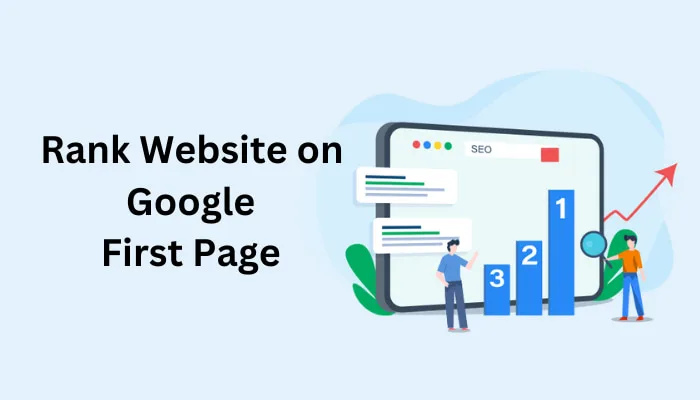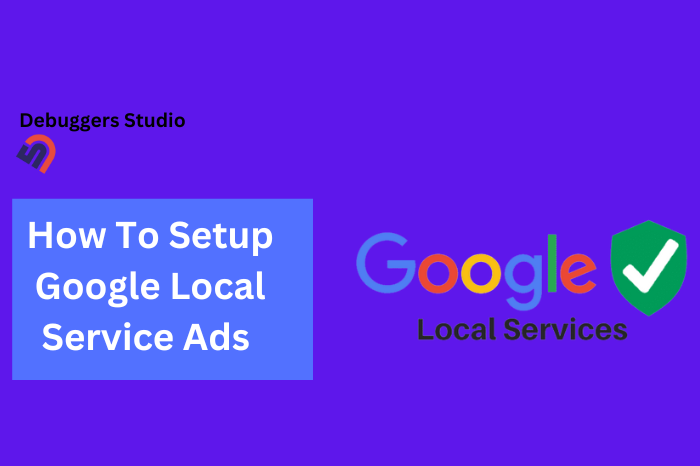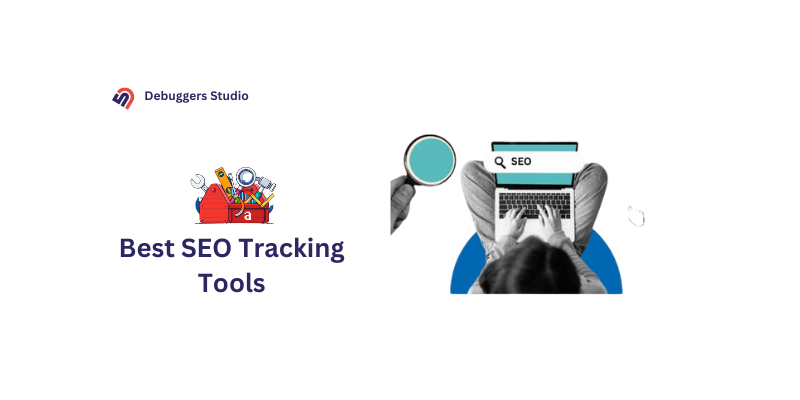Search engine optimization (SEO) is an essential component of any successful online marketing. SEO helps to drive more traffic to a website, which in turn can lead to increased sales and brand recognition. Understanding why SEO matters and how it works can help businesses of all sizes make the most of their digital presence.
What is SEO?
Search engine optimization (SEO) is the art of making your website more visible and of higher quality on search engine result pages. This is done with technical and content-based techniques. SEO helps search engines like Google, Bing, or Yahoo to recognize your website and rank it higher in organic search results. This will give more potential customers the chance to visit your website.
SEO has two categories: on-page SEO and off-page SEO. On-page SEO deals with factors in your control. This includes optimizing content for target keywords, making pages load quickly, having clean and concise URLs, and adding image descriptions and alt tags. Off-page SEO involves building links to other websites related to yours, taking part in online discussions, and utilizing social media platforms. If used correctly, this can dramatically increase traffic.
Benefits of SEO
The goal of SEO – Search Engine Optimization – is to make it easy for search engines to find and rank your website among the top results.
Let’s take a peek at the key benefits of SEO and why it’s important.
Improved website traffic
SEO aims to improve the visibility of content on search engines through optimization. SEO also contributes to providing a good user experience by ensuring that your website is navigable, quick to load, and free of irritating pop-ups or other content. SEO results in better website visits and brand recognition.
With effective SEO techniques, businesses can:
- More accurately target potential customers
- Increase website visits
- Generate more leads
- Increase conversions
- Get higher-quality organic traffic
- Increase brand awareness
When a visitor comes to your site and has a pleasant experience, they are more likely to come back in the future. This keeps users active and guarantees they have all the information they need prior to making any purchases or taking any action you want them to take.
Higher search engine rankings
Using relevant keywords can help draw organic traffic to your website. People recognize your business name more easily. They also make positive associations with your website due to its visibility in search engine results.
Search engine optimization improves the position of a website on search engines. This boosts your exposure and creates better brand recognition among potential customers. They may browse through sites similar to yours and notice your presence on web pages.
Increased brand awareness
Creating SEO-friendly content increases your brand’s visibility on search engine result pages. This means more traffic to your website and greater authority in your industry. Also, being featured on the first page of Google gives potential customers and partners increased visibility. That same post can also make you appear alongside other leading brands, raising your credibility.
More brand awareness leads to higher sales and leads, plus greater customer loyalty. People trust a brand that ranks high in search engine results over one that doesn’t show up at all. This builds trust amongst current and potential customers, assuring them that they’re buying quality from a trusted source.
How SEO Works?
How does SEO work? It uses several strategies like content production, link building and keyword research.
Understanding search engine algorithms
Search engine algorithms are complex and ever-changing. They have one aim which is to provide the most relevant content to users.
To achieve this, algorithms measure reputation, quality and trust of websites.
They analyze factors like keyword relevancy, page speed, content types and link quality. They also look at data like backlinks from other sites or social media mentions to measure reputation. Trustworthiness is judged by analyzing risk factors like malware or security warnings.
Optimizing website content
To get SEO success, it’s mandatory to focus on optimizing website content for both search engines and people. This involves crafting webpages and articles that align with the topics and keywords being searched for. By doing so, your website or pages can climb higher in organic search rankings.
Building internal and external quality backlinks
Backlinks are like little bridges that connect one website to another. So, if you click on a link on one website and it takes you to another website, that’s a backlink. Internal links are similar, but they connect pages within the same website. External links are links that take you to another website altogether.
When other websites link back to your website, it shows that they trust and respect your content. Search engines see this and think “Wow, this must be a really great website!” As a result, your website may rank higher in search engine results.
Internal links can help too! When you link different pages on your website to each other, it helps search engines understand how your website is structured. This can make it easier for them to find and show your website to people searching for related topics.
External links can also be helpful for SEO. When you link out to other high-quality websites, it shows search engines that you’re providing helpful information and resources to your readers. As a result, your website may rank higher in search engine results.
What is On-page SEO?
On-page SEO refers to the optimization of your website’s language and content.
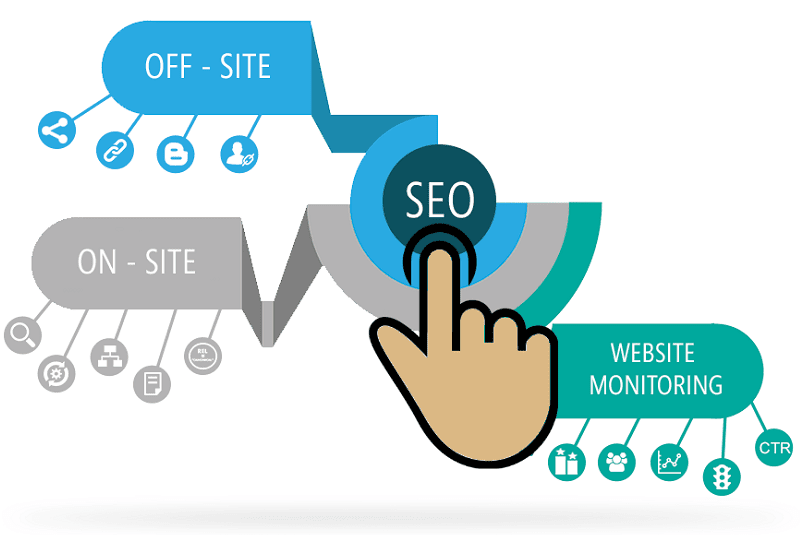
It’s critical to optimize your pages for your clients who are looking to rank well in search engines. Keyword analysis and optimization of your subject line, descriptions, headlines, and content are included in our offer. Your content will be rank well and reach your target client after it has been optimized.
On-page SEO Factors
To be successful in organic search today, you must optimize for various technical, on-page, and off-page characteristics that search engines consider significant. As a result, we’ve seen a growing focus on off-page strategies like link-building and other technological features throughout the years. But, on the other hand, off-page SEO won’t help you much if you don’t listen to the basics of on-page SEO.
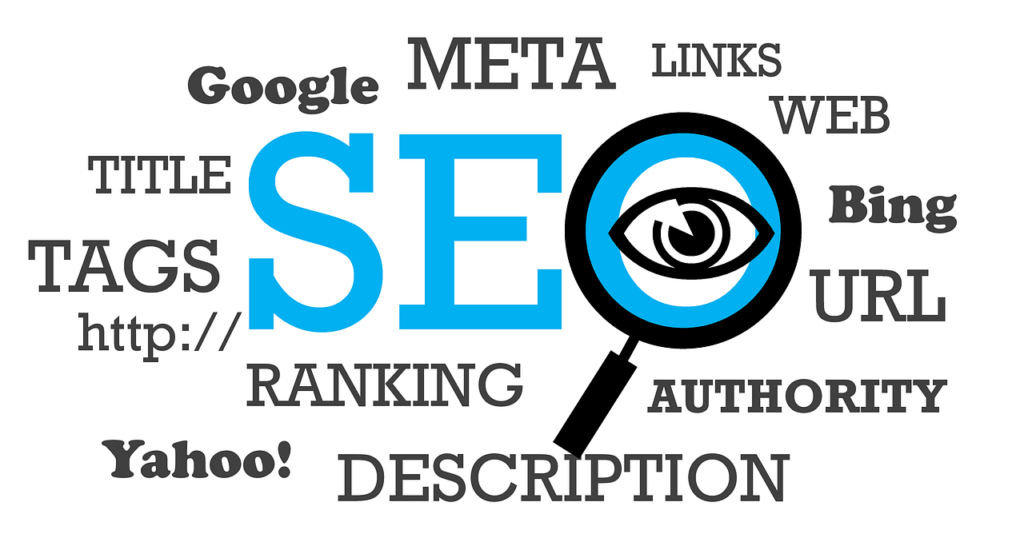
Expertise-Authoritativeness and Trustworthiness
The structure that Google raters use to evaluate content providers, webpages, and websites as a whole is Expertise, Authoritativeness, and Trustworthiness. High-quality content has long been a priority for Google. It aims to ensure that high-quality content websites are awarded higher ranks while low-quality content websites are penalized. There is a direct link between what Google regards to be high-quality material and what shows in search engine results. Expertise, authority, and trustworthiness all play a part in Google’s organic search rankings in some way. As a result, these must be factored into your SEO approach.
Tag for the title
The title tag, which is an HTML tag found in the main window of each site, serves as an initial clue or framework for the relevant research topic of the page it is on. It is clearly shown on both the search engine results pages and the browser window.
However, title tags that are missing, duplicated, or poorly worded may all have a detrimental influence on your SEO results, so ensure you’re optimizing for it.
Meta tags
Meta tags have been an essential optimization factor since the beginning of SEO. As a result, meta descriptions, or meta tags that describe what a website is about, are frequently displayed beneath the title in the SERPs.
Though Google claims that meta descriptions have no bearing on results, research shows the indirect benefits of better explanations.
Properly optimizing the meta tags can help you:
- Rate of click-through (CTR).
- Impression of the result’s level.
Use of headlines
Do you want your website’s content to rank well in search engines? Then begin crafting catchy headlines. It may look easier to come up with a title for a blog article, but a good headline may make the difference between a click and an impact, which is why it’s critical to do so wisely. To look out for the SERPs, your headlines must pique people’s curiosity.
Tags in the Header
Header tags are HTML elements that differentiate headings and subheadings from other forms of writing on your page.
Although header tags aren’t as vital for your web’s rankings as they once were, they still play an essential role for both your customers and your SEO.
They can harm your rankings by:
- You are going to make it easier and more pleasurable for people to read your information.
- We are giving search engines essential phrase information about your content.
SEO Writing

SEO writing is creating material that is optimized for both users and search engines. There’s more to crafting good SEO content than keyword research and filling in the spaces.
Activities to produce content just for the sake of it aren’t going to cut it. Keep in mind that you’re producing material for people; therefore, it needs to be of good quality, significant, and relevant.
Audit of Content
Several content creators are so focused on developing new material that they overlook the need to audit what they already have. And this is an error.
Auditing your current material is essential since it allows you to:
- But, first, examine if your existing content is accomplishing its objectives and providing a return on investment.
- Determine whether the information in your material is current or has become outdated.
- Identify which content kinds are most effective for you.
Article audits are incredibly beneficial to your SEO strategy and should be carried out regularly.
Adding photos
Adding photos to your website is the smartest way to make them more attractive. However, not all images are created equal, and some might even cause your website to slow down. By correctly optimizing photos, you can make the most of a vital SEO tool.
Image optimization provides several benefits, including:
- Increased ranking opportunities.
- A more pleasant experience for users.
- Webpage loading speed faster.
- Photos should not be a last-minute consideration. Instead, be sure to utilize meaningful titles and alt text with photos that support your content.
User Participation
Improving the on-page SEO aspects of your website is only part of the battle. The other half is ensuring that users do not leave the site. Instead, they’ll stay looking at your material, engaging with it, and returning for more.
Maintaining active consumers is a difficult task in and of itself, but it is possible. Focus on areas such as site performance, user experience, and content optimization, among others, to boost engagement rates.
Off-page SEO
Off-page SEO is the practice of optimizing a website through external means to improve its ranking in search engine results pages (SERPs). This is typically done by building links from other websites, which are then crawled and indexed by the engines. The higher the quantity and quality of these backlinks, the better a site will rank.
Off-page SEO techniques are generally divided into two categories: organic and paid. Organic techniques are those that are not paid for and involve creating high-quality content that others will want to link to and share. Paid techniques involve purchasing links or using other black-hat methods to artificially inflate a website’s ranking.
There are a number of factors that influence how off-page SEO affects a website’s ranking. The most important include the relevance of the linking site, the authority of the linking site, the anchor text used in the link, and how recently the link was created.
External optimization techniques are used to supplement on-page SEO efforts and can help a website rank higher in the SERPs for certain keywords. While on-page SEO is important for any website, it is especially crucial for those that are unable to rank well with their internal optimization techniques alone.
Benefits of off-page SEO
- When most people think of SEO, they immediately think of on-page optimization techniques that can be used to improve a website’s rank in search engines. However, off-page SEO is also an important factor in achieving good search engine results.
- Off-page SEO involves optimizing a website’s external links and reputation online. This can be done by building high-quality links from other websites, creating valuable content that will attract links, and monitoring online reviews and mentions of your business.
- The benefits of effective off-page SEO include improved website authority and higher rankings in search engines, as well as increased traffic and brand awareness.
- By implementing some or all of the off-page SEO techniques mentioned above, businesses can see a significant improvement in their search engine results and overall web traffic.
Technical SEO
In order to understand how technical SEO works, you first need to know what it is. Technical SEO is the practice of optimizing a website for technical factors that are known to improve search engine visibility and overall site performance. This includes optimizing the site architecture, improving page speed and load time, fixing broken links, ensuring proper indexing and more. While many of these factors may not be visible to the average website visitor, they are crucial for ranking in search engines.
Technical SEO is often overlooked by businesses, but it can make a big difference in terms of site visibility and traffic. By taking the time to properly optimize your website for technical factors, you can improve your ranking in search engines and get more visitors to your site.
- Google Analytics Setup
- Setup of webmaster tool
- Google search console setup and verification
- XML Sitemaps generation and submission
- Robots.txt file optimization
Benefits of Technical SEO
Improved Website Speed
Website speed is an essential element of technical SEO. It refers to how quickly your website loads when a user clicks on a link. Google and other search engines use website speed as a ranking factor, and a slow-loading website can negatively impact your search engine ranking. Technical SEO can help improve your website’s speed by optimizing images, reducing HTTP requests, and implementing browser caching.
Better User Experience
User experience is a critical factor that affects your website’s ranking. If your website is not user-friendly and difficult to navigate, users are more likely to leave quickly, which increases your bounce rate. Technical SEO can improve user experience by optimizing your website’s design and layout, making it easier for users to navigate and find the information they need quickly.
Improved Website Security
Website security is a crucial factor for any website owner. If your website is not secure, it can be vulnerable to cyber-attacks, which can negatively impact your website’s ranking. Technical SEO can help improve website security by implementing SSL certificates, which encrypt data transmission between the server and the user’s browser, making it difficult for hackers to intercept the data.
Optimized Website Structure
Website structure refers to how your website’s content is organized and presented to users. A well-structured website can help improve your website’s search engine ranking by making it easier for search engine crawlers to navigate your website and index your content. Technical SEO can help optimize your website structure by creating a sitemap, implementing schema markup, and ensuring your website’s URLs are SEO-friendly.
Reduced Downtime
Downtime refers to the amount of time that your website is offline or inaccessible to users. Downtime can negatively impact your search engine ranking as it can affect the user experience and increase your bounce rate. Technical SEO can help reduce downtime by ensuring that your website is hosted on a reliable server, implementing website monitoring tools, and having a backup plan in case of any downtime.
Conclusion:
Properly implementing SEO techniques is a crucial component of online success and website growth. If these techniques are neglected, your website may not reach its full potential and go unnoticed.
To ensure optimal results, it’s essential to master the basics of SEO which include optimizing your website for search engines, incorporating relevant keywords, generating top-notch content, and building high-quality backlinks.
